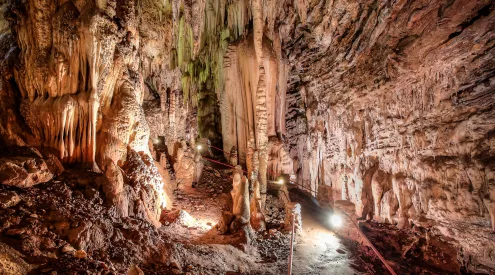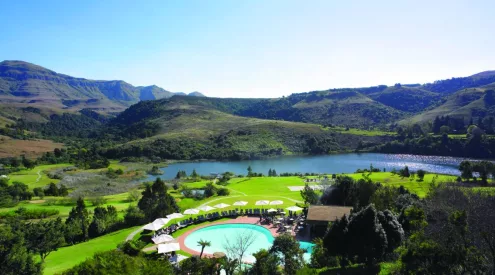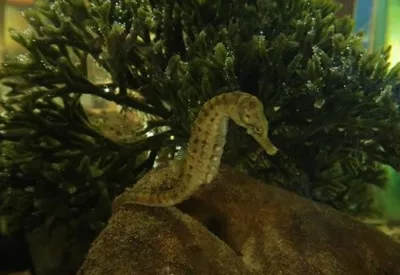The NSRI Knysna is appealing to water sport enthusiasts along the Southern Cape coastline to be careful as a whale carcass has increased shark activity. The specific areas that surfers, paddlers and bathers need to be cautious are Buffels Bay and the coastline between Mossel Bay and Tsitsikamma.
The carcass is in the shallow surf at the Wild Side of Buffels Bay. Authorities are struggling to remove the carcass.
‘Sea Rescue Knysna is aware of the beached whale in Buffalo Bay. Sadly, due to the extreme weather conditions and huge sea swell, we have referred the management of the scene to Cape Nature and other relevant local authorities who are currently dealing with the situation,’ said the NSRI Knysna in a Facebook post.
The carcass is that of a juvenile humpback whale, according to the Strandloper Project. The animal stranded on Saturday, August 15.
In a Facebook post, the Strandloper Project said: ‘Confined to a rocky gully and battered by huge waves generated by a 6m swell, the whale sustained numerous lacerations. Conditions and the location of the whale made a rescue attempt impossible and sadly it died at about 6pm.’
Samplings of the carcass were taken the following day on Sunday, August 16 by Dr Gwen Penry from the Plettenberg Marine Mammal Stranding Network and Keith Spencer from Cape Nature, according to Cape Town Etc.
‘The whale was approximately 8.5m and the blubber was 27cm thick (indicating that it was in good condition) and there were no visible signs of injuries that could have led to the stranding. The whale couldn’t be sexed as it was lying upright and the genital slit could not be seen to distinguish between female and male.’
CapeNature will be monitoring the carcass and will decide whether or not it will be left on site.
Image credit: Facebook / Sea Rescue Knysna/ Berend Maarsingh















